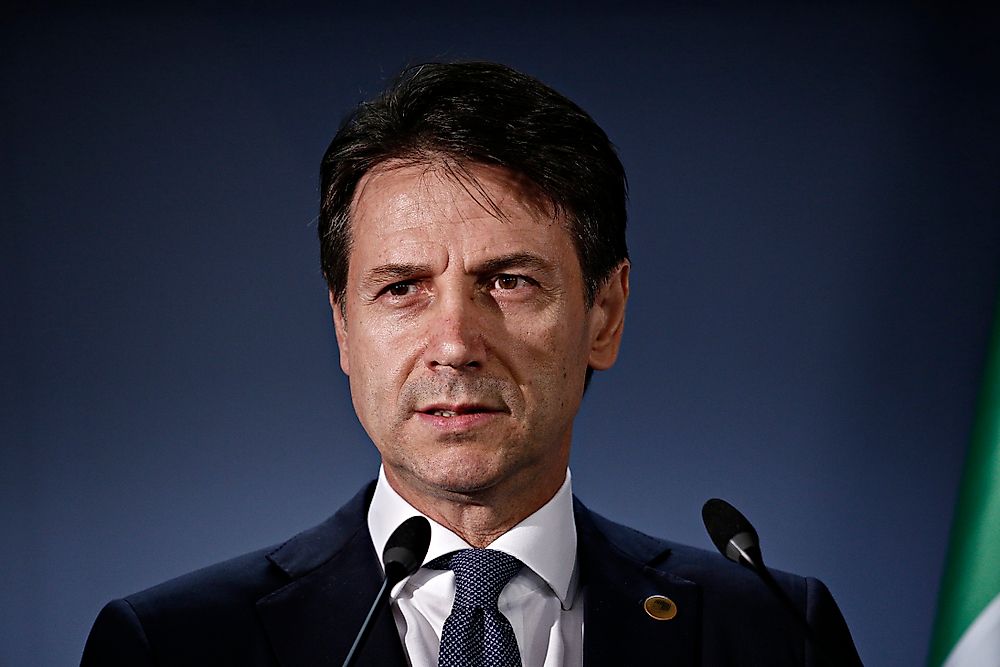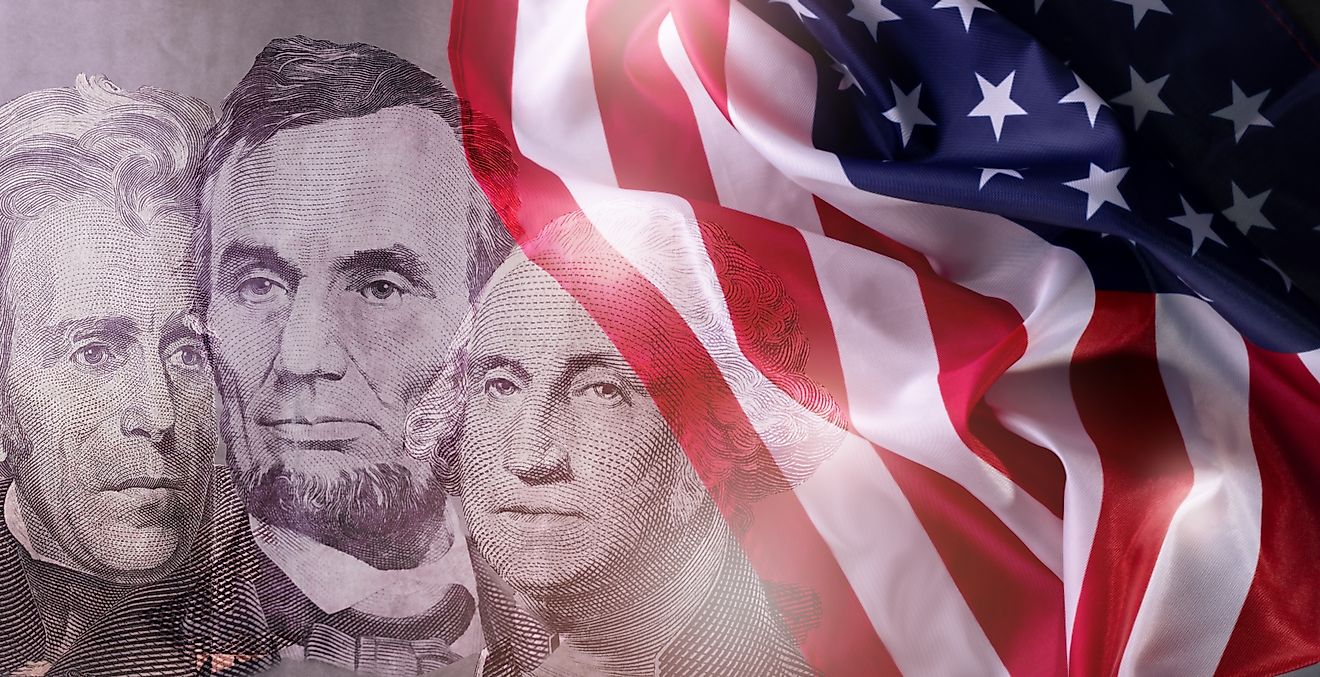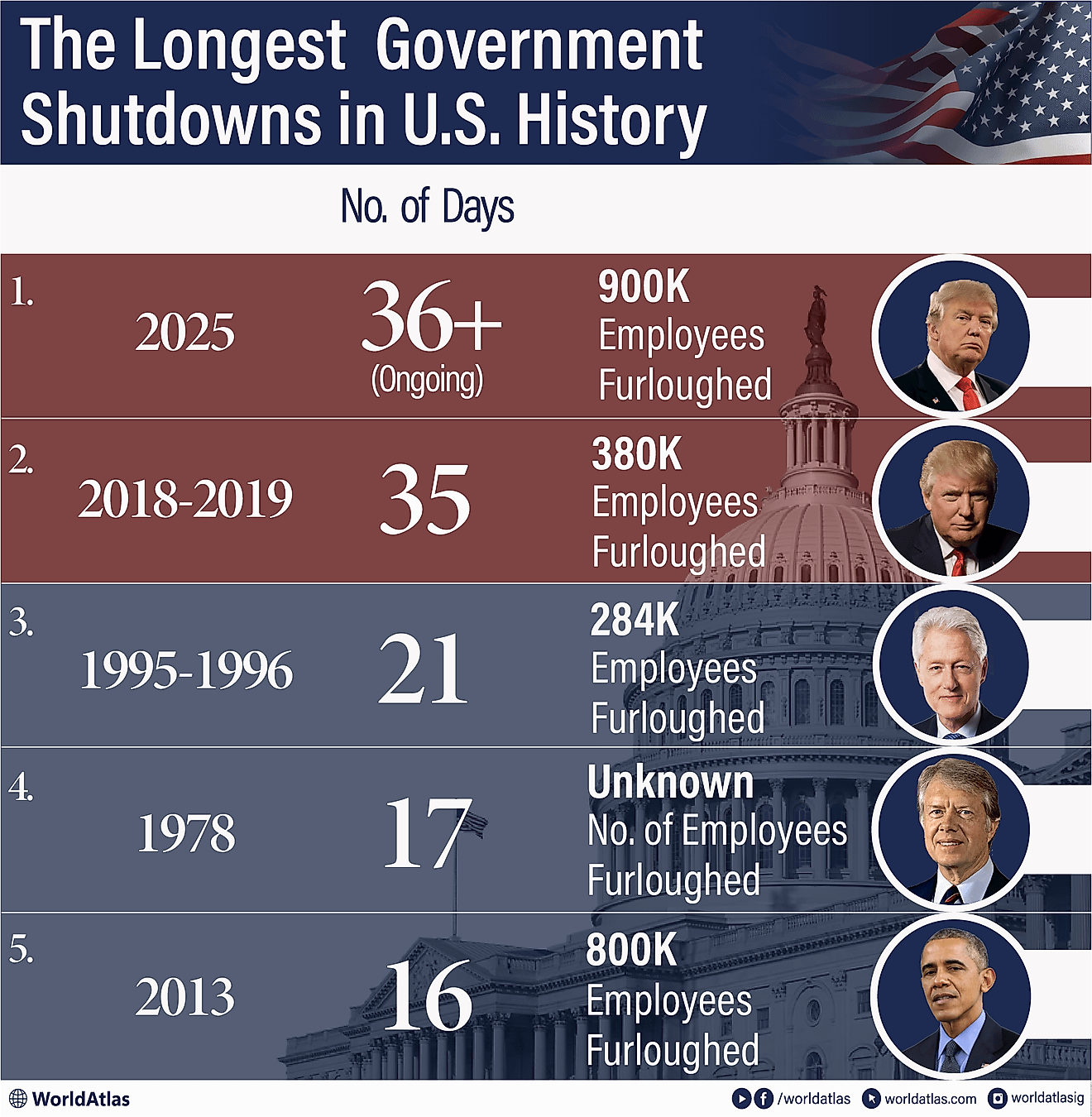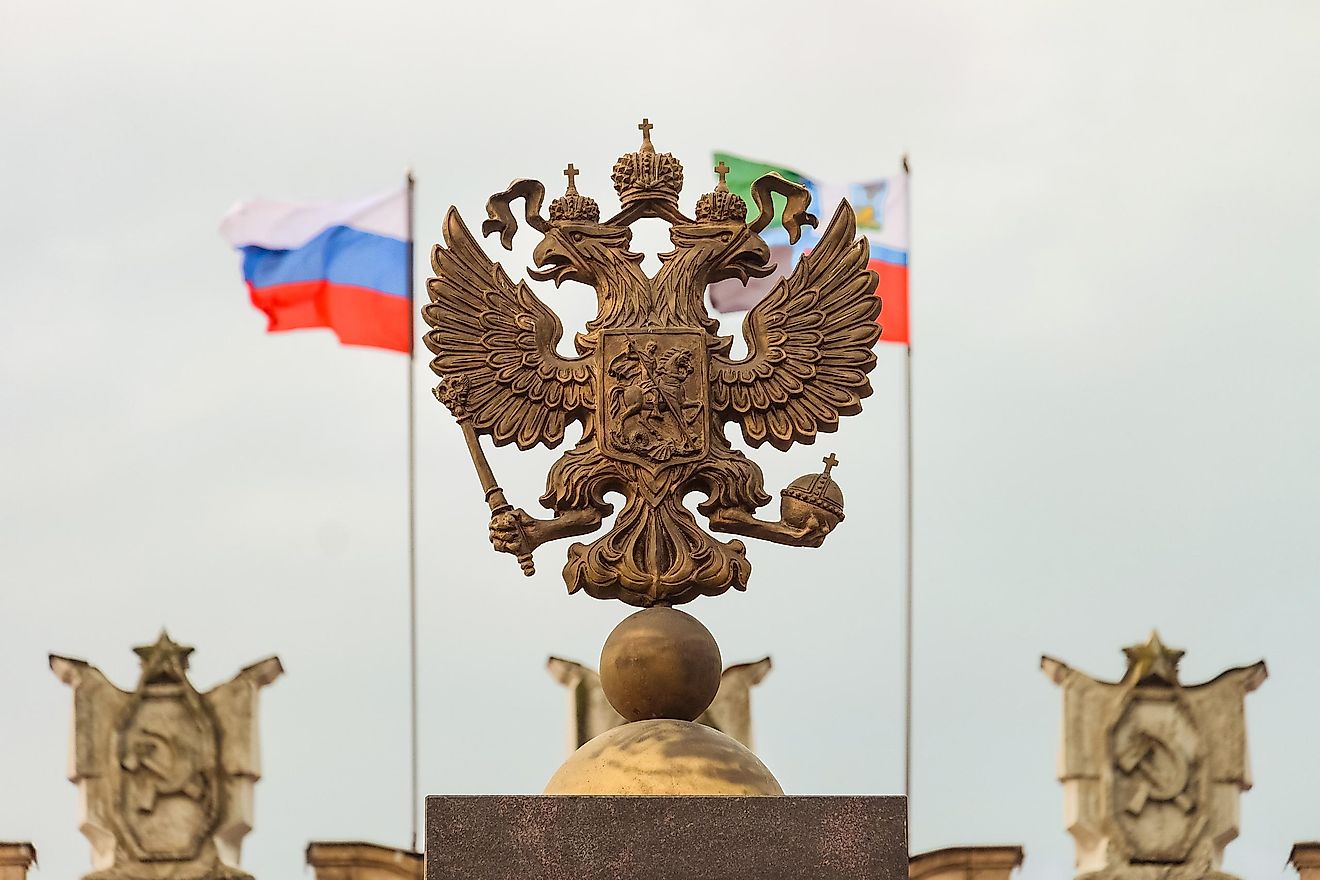Prime Ministers Of Italy

Italy’s Prime Minister is the country’s Head of Government, leading both the Parliament and the Cabinet at the forefront of national politics. The institution of Prime Minister in the Republic of Italy was established in June 1946, when a national referendum established the Democratic Republic in place of the Monarchy. The Prime Minister is appointed by the President and advises the President on the composition of the cabinet. The Prime Minister is mandated by the constitution to direct and control the activities of the ministers. The Prime Minister acts as a mediator between political parties and works to sustain unity in the government. Italy has had many prime ministers since the office was established in 1946, some of which have served in the office for a number of times. The current prime minister is Matteo Renzi, who took office in 2014.
Alcide De Gasperi
Alcide De Gasperi was the first Prime Minister of the Republic of Italy following World War II, serving in the role from 1946 until 1953. He was born on April 3, 1881, in Trentino which was then part of Austria-Hungary, Alcide studied philosophy and literature at the University of Vienna. He had already become involved in Catholic organizations in school and became editor of a magazine called La Voce Cattolica di Trento. Alcide became an MP in the Austrian Parliament in 1911, and he lobbied for Trent’s unification with Italy during World War I. After the war, the then citizen of Italy, Alcide was one of the founders of the Italian Popular Party. He became a Deputy in the Italian Parliament but was then imprisoned for opposing the fascist regime. After his release in 1929, he distanced himself from politics until 1943 when he helped establish the Christian Democracy Party. He was Prime Minister in eight successive administrations throughout his term. He is credited with guiding Italy’s economic and moral reconstruction in the aftermath of World War II. He was one of the founding members of the European Union and signed treaties with the victors of the World War II. He died on August 19, 1954, in Trentino, Italy.
Giuseppe Pella
Giuseppe Pella succeeded Alcide De Gasperi as Prime Minister, a position he held from 1953 until 1954. He was born on April 18, 1902, in Valdengo, Giuseppe graduated with Economics and Commerce and became involved with the Christian Democracy. He held several government positions, namely the undersecretary of Finance, Minister of Finance, and Minister of Treasure. He was elected as Prime Minister on August 17, 1953, and he was also the Minister of Budget and the acting Minister of Foreign Affairs. He caused diplomatic tensions with Yugoslavia after requesting for the authorization to fly the Italian Flag in the Trieste City Hall. He resigned from the position on January 12, 1954, and held his last governmental post in 1972 as Minister of Finance. He was Senator for life until his death in 1981 in Rome, Italy.
Amintore Fanfani
Amintore Fanfani succeeded Giuseppe Pella and served for several different terms. Specifically, he was in the office in 1954, 1958-1959, 1960-1963, 1982-1983, and finally again in 1987. He was born on February 6, 1908, in Tuscany, Amintore graduated with economics and business degree from the Catholic University of Milan in 1932. He became a professor of economic history and in 1946 he was elected to the Constituent Assembly. He joined the Chamber of Deputies in 1948. He then served in various ministerial posts such as Minister of Labor, Minister of Agriculture and Minister of the Interior. He was elected as Prime Minister and Secretary General of the Christian Democratic Party in 1954. He initiated numerous reform policies and gained Italy’s admission to the United Nations Security Council. He was one of the few Italian statesmen to admit that his support of the fascist regime had been wrong. He died on November 20, 1999, in Rome, Italy.
Mario Scelba
Mario Scelba served as the Prime Minister of the Republic of Italy from 1954 until 1955. He was born on September 5, 1901, in Sicily. Mario graduated from the University of Rome, having studied Law. He started his political career in the Popular Party and after the fall of the Fascist regime actively participated in the newly formed Christian Democracy as a chief counselor from 1944. After his election to the Constituent Assembly in 1946, Mario held a succession of government posts such as the Minister of Post and Telecommunications and Minister of the Interior. As Minister of the Interior, Mario ruled with an iron fist and discouraged labor unions and communists. During his term as Prime Minister, his achievements were largely overshadowed by the Portella Della Ginestra massacre and the Montesi Affair. He tightened relations with the US, solved long time war issues such as the recovery of Trieste and ratified the Paris Peace Treaties of 1947. Mario ceased to be Prime Minister in 1955 and served in other government posts before his death on October 29, 1991, in Rome, Italy.
Prime Ministers Of The Republic Of Italy
| Prime Ministers of the Republic of Italy | Term(s) in Office |
|---|---|
| Alcide De Gasperi | 1946-1953 |
| Giuseppe Pella | 1953-1954 |
| Amintore Fanfani | 1954; 1958-1959; 1960-1963; 1982-1983; 1987 |
| Mario Scelba | 1954-1955 |
| Antonio Segni | 1955-1957; 1959-1960 |
| Adone Zoli | 1957-1958 |
| Fernando Tambroni | 1,960 |
| Giovanni Leone | 1963; 1968 |
| Aldo Moro | 1963-1968; 1974-1976 |
| Mariano Rumor | 1968-1970; 1973-1974 |
| Emilio Colombo | 1970-1972 |
| Giulio Andreotti | 1972-1973; 1976-1979; 1989-1992 |
| Francesco Cossiga | 1979-1980 |
| Arnaldo Forlani | 1980-1981 |
| Giovanni Spadolini | 1981-1982 |
| Bettino Craxi | 1983-1987 |
| Giovanni Goria | 1987-1988 |
| Ciriaco De Mita | 1988-1989 |
| Giuliano Amato | 1992-1993; 2000-2001 |
| Carlo Azeglio Ciampi | 1993-1994 |
| Silvio Berlusconi | 1994-1995; 2001-2006; 2008-2011 |
| Lamberto Dini | 1995-1996 |
| Romano Prodi | 1996-1998; 2006-2008 |
| Massimo D'Alema | 1998-2000 |
| Mario Monti | 2011-2013 |
| Enrico Letta | 2013-2014 |
| Matteo Renzi (incumbent) | 2014-Present |
| Paolo Gentiloni | 2016-2018 |
| Giuseppe Conte | 2018- |











